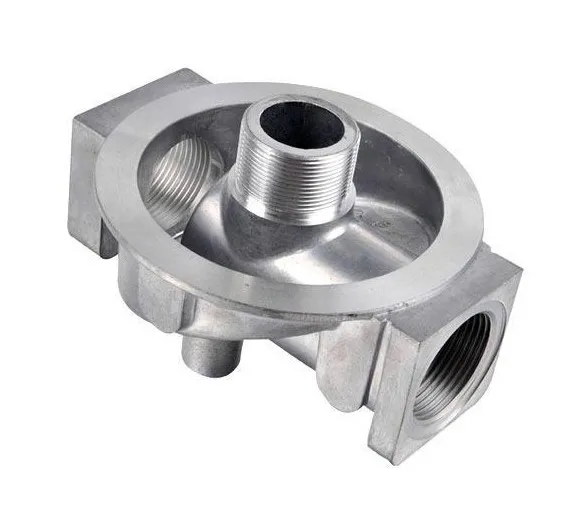Mobile:+86-311-808-126-83
Email:info@ydcastings.com
metal pipe caps
Understanding Metal Pipe Caps An Overview
Metal pipe caps play a vital role in various industries, serving as essential components for maintaining the integrity and functionality of piping systems. They are primarily used to seal the end of pipes, preventing leaks, contamination, and the entry of debris. Available in different metal types and sizes, these caps cater to a wide range of applications including plumbing, oil and gas, construction, and manufacturing.
Types of Metal Pipe Caps
The most common materials used for metal pipe caps include stainless steel, carbon steel, and brass. Stainless steel caps are renowned for their resistance to corrosion and heat, making them ideal for harsh environments such as chemical plants and marine applications. Carbon steel caps are favored for their strength and durability, often used in structural applications. Brass caps, on the other hand, provide excellent corrosion resistance and are typically found in plumbing systems.
Benefits of Using Metal Pipe Caps
One of the primary benefits of using metal pipe caps is their ability to provide a secure seal. This is crucial in preventing the escape of gases or liquids, which can lead to safety hazards and financial losses. Additionally, metal caps can withstand high pressures and temperatures, ensuring reliable performance in demanding conditions. Their robust nature minimizes the risk of damage, reducing maintenance costs over time.
metal pipe caps

Another advantage is the ease of installation. Most metal pipe caps can be threaded onto pipes, providing a straightforward solution for sealing without the need for special tools or extra components. This efficiency translates to lower labor costs and quicker project completion times.
Applications of Metal Pipe Caps
In the oil and gas industry, metal pipe caps are often used to seal pipelines during maintenance work or when a section of pipe is taken offline. In plumbing, they serve to close off unused branches of supply lines. In manufacturing and construction, metal caps are essential for protecting pipes from environmental factors and maintaining system integrity during installation or transportation.
Conclusion
In summary, metal pipe caps are indispensable components in a multitude of piping systems. Their ability to provide secure seals, withstand harsh conditions, and offer ease of installation makes them a preferred choice across various industries. As technology and materials continue to evolve, the role of metal pipe caps in ensuring system reliability and safety will remain paramount. Investing in high-quality metal caps can ultimately lead to enhanced operational efficiency and longevity of piping infrastructure.
-
Why Should You Invest in Superior Pump Castings for Your Equipment?NewsJun.09,2025
-
Unlock Performance Potential with Stainless Impellers and Aluminum End CapsNewsJun.09,2025
-
Revolutionize Your Machinery with Superior Cast Iron and Aluminum ComponentsNewsJun.09,2025
-
Revolutionize Fluid Dynamics with Premium Pump ComponentsNewsJun.09,2025
-
Optimizing Industrial Systems with Essential Valve ComponentsNewsJun.09,2025
-
Elevate Grid Efficiency with High-Precision Power CastingsNewsJun.09,2025











